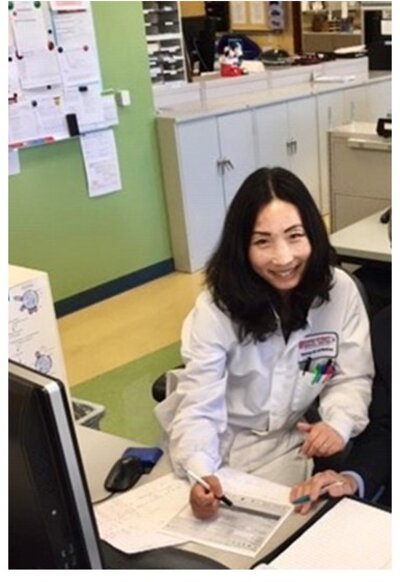| Evolution of hemostasis/thrombosis laboratory professional role at the bench Jing Jin. |
Abstract

The field of clinical laboratory science has undergone significant changes over the years, with the roles of laboratory professionals evolving to meet the changing needs of healthcare. Initially, laboratory professionals primarily focused on performing routine laboratory tests and providing results. However, with advancements in technology, automation, and the increasing complexity of diagnostic tests, there is an urgent call for laboratory professionals to assume a more expansive role in the diagnostic process, by becoming active members of the clinical care team, beyond providing results.
In this evolving landscape, laboratory professionals are expected to involve in active collaboration with healthcare providers to optimize diagnostic testing and its interpretation, dialogue between laboratory professionals and clinicians to discuss test selection, interpretation of results, and seamless integration of laboratory data into patient management plans. By fostering effective communication and knowledge exchange, the expanded role of laboratory professionals holds the potential to enhance diagnostic accuracy, reduce unnecessary testing, and improve the quality of patient care.
This case-based coagulation presentation not only provides evidence of the necessity for an expanded role of laboratory professionals but also serves as an "interesting coagulation case" workshop, presenting a real-world perspective from a bench technologist.
No part of this publication may be reproduced, distributed, or transmitted in any form or by any means, including photocopying, recording, or other electronic or mechanical methods, without the prior written permission of the author.
